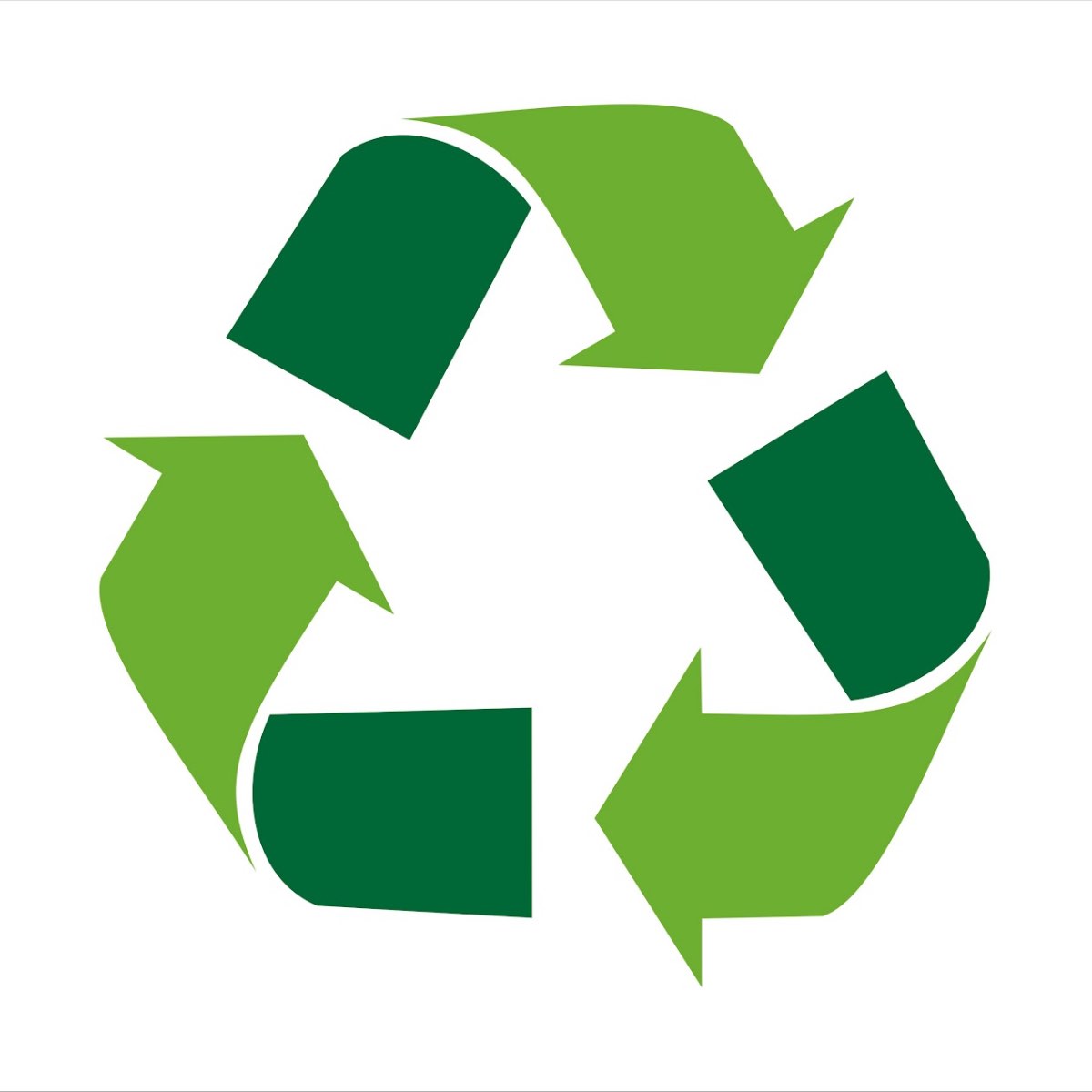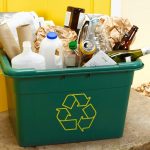Anyone wanting reduce the amount of household waste they produce will most certainly need these best recycling tips.
What Are the Best Recycling Tips?
Imagine transforming our everyday discards into valuable resources, breathing new life into old materials instead of burying them in landfills. This is the magic of recycling! Simply put, it’s the process of collecting and processing used materials to create new products, diverting them from waste streams and conserving precious resources. But the significance of recycling goes far beyond convenience. It’s an essential tool in the fight against climate change, pollution, and the depletion of natural resources. Every recycled item represents less energy consumed, fewer harmful emissions released, and a healthier planet for generations to come. By incorporating effective recycling practices into our daily routines, we become active participants in building a more sustainable future, one responsible action at a time.

General Recycling Tips
Reduce, Reuse, Recycle: The Golden Trio
Before diving into recycling, remember the golden rule: Reduce, Reuse, Recycle! Prioritize reducing your overall waste by using less, choosing durable products, and opting for reusable alternatives. When something can’t be avoided, aim to reuse it creatively before considering recycling. Remember, the most sustainable item is the one you already own! Finally, when recycling becomes necessary, do it right by following local guidelines and sorting diligently.
Sorting Savvy: Know Your Symbols
Not all plastics, papers, or metals are created equal! Familiarize yourself with your local recycling symbols and sorting requirements. Check for specific markings on packaging and consult your community’s recycling guide for accepted materials and any sorting nuances. Proper sorting ensures each item goes to the right processing facility, maximizing recycling efficiency and minimizing contamination.
Contamination: The Recycling Grinch
Food residue, oil, or other contaminants can wreak havoc on entire batches of recyclables, rendering them unusable. Remember, a clean rinse goes a long way! Avoid wish-cycling (putting non-recyclables in the bin) and double-check accepted materials before tossing them in. By keeping it clean, you contribute to a smoother and more effective recycling process, preventing perfectly good recyclables from ending up in landfills.
Household Recycling Tips
Paper & Cardboard Champions
Flatten cardboard boxes, remove staples, and bundle newspapers and magazines for easy collection. Remember, greasy pizza boxes might require pre-cleaning! Check if shredded paper is accepted in your area and avoid including tissues, paper towels, or food-contaminated paper products. Keep your paper clean and sorted, and you’ll be contributing to a valuable recycled paper industry.
Plastic Power Plays
Not all plastics have the same recycling fate. Check symbols and local guidelines carefully. Rinse containers thoroughly and remember, wish-cycling can disrupt the entire process. Consider dropping off plastic bags and films at designated locations due to their lightweight nature. By making informed choices and sorting diligently, you help ensure plastics get recycled into new products.
Glass Gems: More Than Just Containers
Give glass jars a second life! Clean them thoroughly and reuse them for storage, crafting projects, or even homemade candles. If recycling, remove lids and labels and check if your community accepts colored glass alongside clear. By reusing or recycling glass responsibly, you conserve resources and reduce energy consumption during the manufacturing process.
Metal Marvels: From Cans to Cars
Rinse out metal cans and remove any food residue. Flatten aluminum cans to save space and check if your community accepts other metals like foil or aluminum trays. Remember, steel cans go with other metals, not with aluminum. By recycling metals, you contribute to a closed-loop system where they can be transformed into new products with minimal energy needed.
Tips for Recycling Electronics
E-waste: A Hidden Threat
Electronic waste, or e-waste, contains harmful materials that pose environmental and health risks if disposed of improperly. Recycling e-waste ensures safe handling and recovery of valuable resources like precious metals and rare earth elements.
Responsible Disposal: Beyond the Trash Can
Never throw away electronics! Donate them to organizations that refurbish and reuse them, or participate in responsible e-waste recycling programs organized by manufacturers or local authorities. Look for take-back programs offered by electronics retailers or research e-waste collection events in your area. By choosing responsible disposal methods, you prevent harmful materials from entering landfills and contribute to a more sustainable future.
E-waste Programs: Working Together
Many electronics manufacturers and retailers offer take-back programs for their products. Utilize these programs or participate in community e-waste collection events to ensure your old electronics are recycled responsibly. Stay informed about local e-waste regulations and recycling options, and spread awareness among your community. By working together, we can ensure safe and responsible e-waste management.
Tips for Recycling Hazardous Materials
Hidden Dangers: Understanding Hazardous Waste
Household hazardous materials like paint, cleaners, and batteries contain harmful chemicals that require special handling. Improper disposal can contaminate soil and water, posing serious environmental and health risks.
Safe Disposal: Beyond the Bin
Never throw away hazardous materials in your regular trash! Utilize community hazardous waste collection events or designated drop-off facilities to ensure safe and responsible disposal. Research local regulations and never mix hazardous materials together. By following proper disposal methods,
Conclusion: Every Action Counts
From paper and plastic to electronics and hazardous materials, this exploration of best practices equips you with the knowledge and tools to become a recycling champion. Remember, recycling isn’t just a chore, it’s an investment in a healthier planet. Every rinsed container, sorted material, and responsibly disposed item contributes to a more sustainable future. Now, let’s put these tips into action! Embrace these practices in your daily routine, spread awareness among your community, and support local recycling initiatives. Together, we can transform individual actions into a collective wave of positive change, proving that even the smallest steps can lead to a world where waste becomes a stepping stone towards a sustainable future.
Check out more recycling stuff here.


